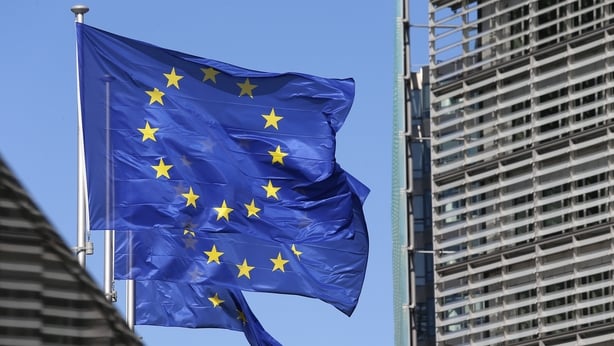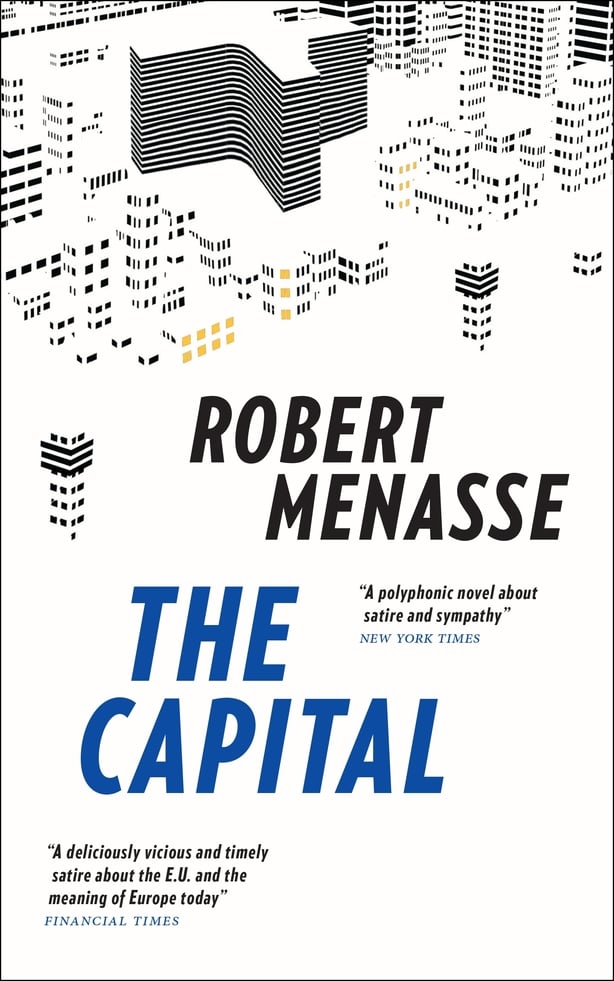The European Union impacts on life in Ireland as never before. But how much do we really know about how it works? The Capital by Robert Menasse uses fiction in an attempt to put a face on the faceless institutions which run the EU, writes RTÉ Political Coverage Editor David Murphy.
The novel has Brussels as its backdrop. As the heart of the EU it is a smorgasbord of different nationalities, cultures and agendas. This device allows Menasse to present a cast of characters representing a wide range of priorities. It shows the bickering, manipulating and manoeuvring which occurs in the corridors of power.

Multiple subplots interweave with one another. The main storyline revolves around a plan by officials to generate positive coverage for the European Commission as it prepares to celebrate its 50th anniversary. The EU officials propose to put Auschwitz at the centre of their commemorations.
They believe the Nazi concentration camp in Poland could act as a symbol to remind nations what happens when European countries clash with each other instead of co-operating, as they do under the umbrella of the EU. But the motif is too strong for some. The novel explores the rise of populism, nationalism and what it means to hold a European passport.

Among protagonists in the novel which won the German Book Prize are the ladder-climbing Greek official Fenia Xenopoulou, Auschwitz survivor David de Vriend and Austrian farmer Florian Susman who leads the European pig producers lobby group. Translated into English by Jamie Bulloch, The Capital segues from the experiences of one character to another. However, at times it tries too hard and the story becomes is over-populated with two many disparate figures.
The reader can also become confused between the backstories of the different characters. Some of the sub-plots don’t fully conclude which is slightly dissatisfying. It does, however, delve into the story of Europe in an ambitious manner, so for cynics and aficionados of the EU alike, The Capital has plenty to offer.







